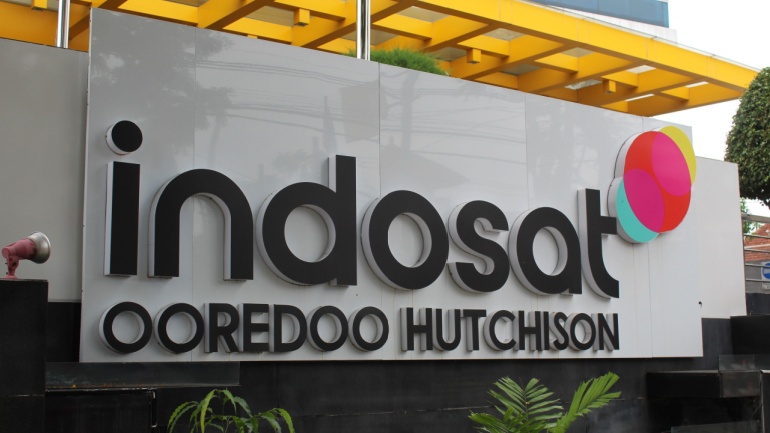The telecommunications landscape was indelibly transformed in 2021 with the introduction of the ‘Build America, Buy America Act’ (BABA) as part of the Biden administration’s gargantuan Infrastructure Investment and Jobs Act. Drawing the strings tighter on the purse of government subsidies, the Act mandated the predominant purchase of equipment from domestic suppliers by US companies.
This resonates particularly with the telecommunications industry, where eligibility for the $42 billion from the Broadband Equity, Access, and Deployment (BEAD) programme, under the distribution of the US National Telecommunications and Information Administration (NTIA), rides on the back of sourcing from suitable U.S. suppliers. Currently, the mandate necessitates a minimum spending of 55% of BEAD funding on U.S. vendors.
However, the international nature of the telecommunications equipment industry spells a significant hurdle for operators, with looming challenges in terms of both quality and cost. Swiftly, various industry bodies implored the NTIA to incorporate a waiver process, emphasizing the potential for delays and diminished effectiveness of the BEAD funding due to the complex and time-consuming process of shifting to domestic equipment.
The efforts to sway policy saw their fruits in August of last year, when the NTIA proposed creating leeway for ‘Buy American’ obligations concerning BEAD funding under certain conditions. At this notable juncture, the NTIA has fully launched the waiver process, maintaining that 90% of BEAD’s $42 billion funding is still anticipated to benefit U.S-made products.
According to Will Arbuckle, a senior policy adviser with the NTIA, “At first, many in the industry told us that requiring the ‘Buy America’ domestic manufacturing preference for the BEAD program couldn’t be done–and that a blanket waiver would be necessary. We worked closely with stakeholders to develop this guidance and we’re pleased to see that manufacturers have stepped up and proved this narrative wrong.”
Unfolding over the next five years, parallel to the period of BEAD funding, these BABA waivers will only apply to selected network components. Majority purchase of key elements such as fibre cables, optical line terminals, optic pluggables and optical network terminals, from U.S vendors will still be necessary.
This novel waiver arrangement leads us to ponder on its rippling effects on the broader U.S broadband industry. Countless questions and discussions are surfacing as we delve into the crux of this implication. Enthusiasts looking to participate in this heated conversation should definitely make their way to the upcoming Connected America event in Dallas.







